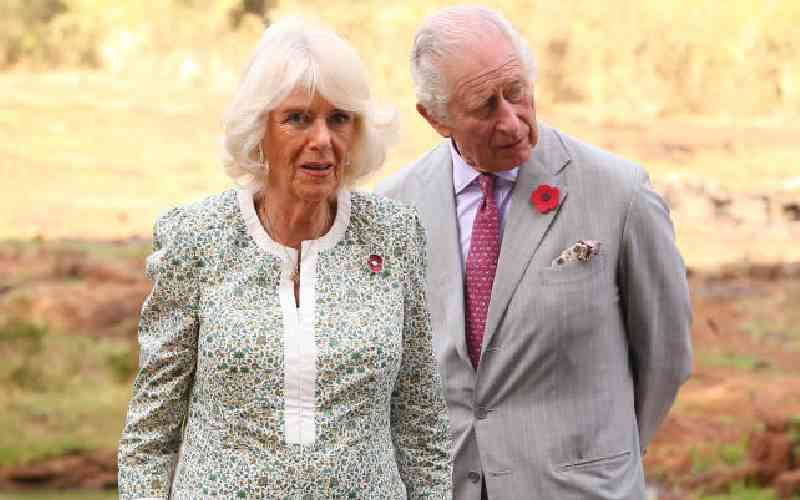×
The Standard e-Paper
Fearless, Trusted News

This has been the King's week, the longest a monarch has stayed in Kenya. Without doubt, most of the glamour of the monarchy ended with Queen Elizabeth.
While King Charles is trying, there is a panache and elegance that Queen Elizabeth and Prince Phillip displayed that cannot be replicated. King Charles espouses an admirable casualness, but it robs him of royalty.